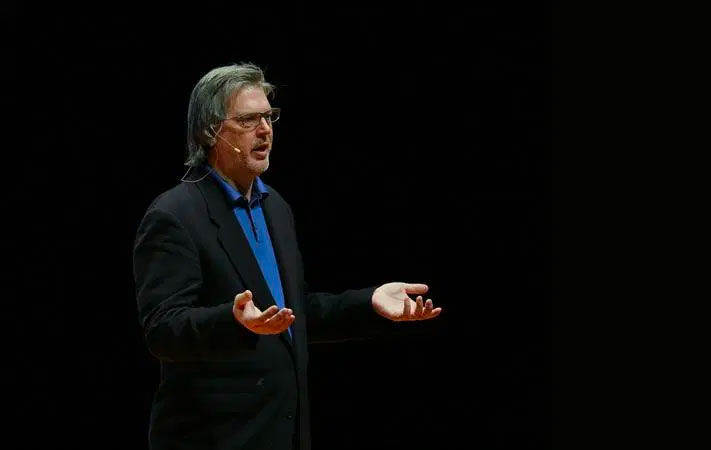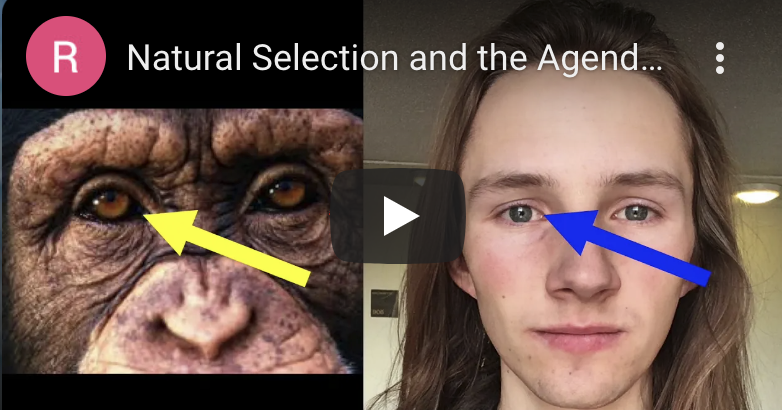Our Worldview
“We have created a Star Wars civilization, with Stone Age emotions, medieval institutions, and godlike technology.”
EO Wilson
“Not everything that is faced can be changed,
but nothing can be changed until it is faced.”
James Baldwin
Knowledge Within and Between Disciplines
Many organizations focus on a single issue – climate change, or poverty, or biodiversity, or renewable energy, etc. The Institute for the Study of Energy and our Future (ISEOF) and our network of scientists and systems thinkers focus instead on researching, understanding and communicating how the full human ecosystem functions, the resulting risks and what possible and likely future outcomes and leverage points exist. We seek to discover the cohesion between energy, money, technology and economic growth, and how human behavior -at individual and aggregate levels feed our social organization and environmental impact. We face major challenges in the coming decade – but our world and societies are not yet fully broken.
We believe that a common understanding is required by many more people of our current gameboard to find the best outcomes.
Choreography and Sequential Challenges
Choreography and Sequential Challenges
ISEOF has spent almost 15 years constructing a cohesive narrative on how human evolved behavior, money, energy, economy and the environment fit together. Humans strive for the same emotional state of our successful ancestors. In a novel resource-rich environment, we coordinate in groups, corporations and nations, to maximize financial surplus, tethered to energy, tethered to carbon. At global scales, the emergent result of this combination is a mindless, energy fed, CO2 emitting Superorganism. Under this dynamic, we have devised rules and institutions that are ‘locked in’ in the near term. Given are now behaviorally ‘growth constrained’ and will use any means possible to avoid facing this reality.This disconnect between our financial and physical reality widens as we continue to kick the can. The recalibration moment of this awakening will be a watershed time for our culture but could also usher in new cultural norms, institutions, and resultant different ways of living. Understanding of the “how and why” of this informs likely future pathways, and where our efforts may prevail.
The USA (and entire developed world) has grown our debt more than we have grown our economies in every single year since 1965. This ‘can kicking’ has now been supplemented by repeated fiscal stimulus by governments. There is quite a bit further this model might go (see Japan) but there are limits – dictated by the divergence between financial/digital claims and our biophysical reality. Instead of focusing on ‘what we should do’ society now must prepare for ‘what we’ll have to do’ which diverges from the reality of new stock market records, $40 oil and current cultural narratives. In the next decade our research suggests a 30-40% drop in GDP due to the inability to continue extraordinary financial supports – aka the road ahead is blocked by previous cans. All of our work is informed by this choreography. How society responds to this upcoming ‘Great Simplification’ will affect everyone and everything. We need vision, implementation and bold actions both from a top down and a bottom-up perspective. ISEOF is ‘all-in’ on these challenges.
A Bit More Background Underpinning the Worldview…
In Reality 101, the experimental course taught by ISEOF Founder and Director Nate Hagens at the University of Minnesota students are exposed to dozens of blindspots within our current cultural assumptions.
Here Are Some Highlights:

Nate Hagens
Energy
Our society misunderstands energy. This misunderstanding has simple explanations, but massive implications for the human future.
All life, commerce, work, or creation of order, is enabled and limited by available net energy. Humans and our activity don’t fall outside this reality, despite economic theories to the contrary. Energy sets our physical limits.
Industrialization combines massive amounts of fossil energy with machines to do tasks humans used to do manually or with animals. Amazingly, one barrel of oil, for $60, does 4.5 man-years of work. The average human today consumes 14 times the goods and services as a person in 1800 – the average American is 48 times!
Our culture is energy blind. We have conflated the dollar value of energy with work value, because in times of abundance we couldn’t see the difference. We don’t pay for the geologic time and effort required to process and refine the main input to our economies, nor the cost to the environment, but only the cost to extract, which is a tiny fraction of the others. All governments and institutions implicitly expect economic growth of 2-3% to continue indefinitely.
At 3% growth our energy use will approximately quadruple in the lifetime of today’s college students. Is that possible? Desirable? What are the impacts of such an energy demand? What happens if we cannot fill that demand?
Many possibilities remain, but business as usual is probably the least likely trajectory. And energy will be essential to all futures.
Brain/Behavior
Humans are special, but we are still mammals. Our primate brains and behaviors are products of what succeeded in our past just as much as our kidneys or feet. We are ‘adaptation-executors’ merely trying to replicate the emotional states of our successful ancestors. Among the relevant implications:
We intensely care about relative status. In a globalized modern culture with marketing, and advertising, we compete for resource intensive stuff. (Status can also be linked to respect, ethics, and community, instead of things!)
We are products of competition against others for status and resources, but also of cooperation with others to meet shared challenges. We are intensely groupish. This explains why social media today is about the ‘messenger’ rather than the message.
We naturally – biologically – care about the present very much more than the future.
We make promises to change ‘tomorrow’ until tomorrow becomes ‘today’. Our neocortex can imagine them, but we are emotionally blind to issues like climate change, sea level rise and biodiversity loss.
Denihilism
Our challenges are: complex, in the future, abstract, scary, have no immediate answers, and few on TV or in politics are discussing these things. The interconnected challenges of the human predicament appear as the perfect storm for the human brain. To resolve the disturbing dissonance the brain attempts to ignore or deny the evidence of the risk.
The Consensus Trance/GroupThink
As individuals and as groups we use ineffective social sorting mechanisms to solve complex physical world problems.
Self Blindness to Self Awareness
Our choices and future institutions can be informed by these constraints and opportunities.
Hardly any of us understand and admit that our evolutionary heritage is highly relevant to sustainability and upcoming cultural responses.
If we can engender cultural enlightenment at scale, it may well be with an eye to our past.
The Environment
The Environment
Recently, mass extinction has had its blindfold at least partially removed. Many people are now aware of the adverse impacts on Earths biogeochemistry from burning fossil carbon. We see increasing media attention (though still small relative to the magnitude of problem) on: wild animal decline, bird loss, insect loss, toxins, pesticides, phthalates, plastics, pollution, ecosystem destruction and so forth. This web of life is ‘the real stock market’ and it is crashing.
Because of the direct linkage of human economies to ‘fire’ and fire to carbon, climate change and ocean acidification are – and will likely remain – linked to the metabolism of human economies. We are deeply caught in the ‘carbon-trap’. Throttling down our metabolism today, either volitionally (unlikely), by social upheaval (possibly) or in response to financial recalibration (likely) will benefit future ecosystems and lives – human and non-human. Letting go of growth and consumption now would benefit other species and generations but shrink current human economies. Holding on does the opposite. The middle ground starts with education – but more than education – recognizing the natural world as sacred.


















